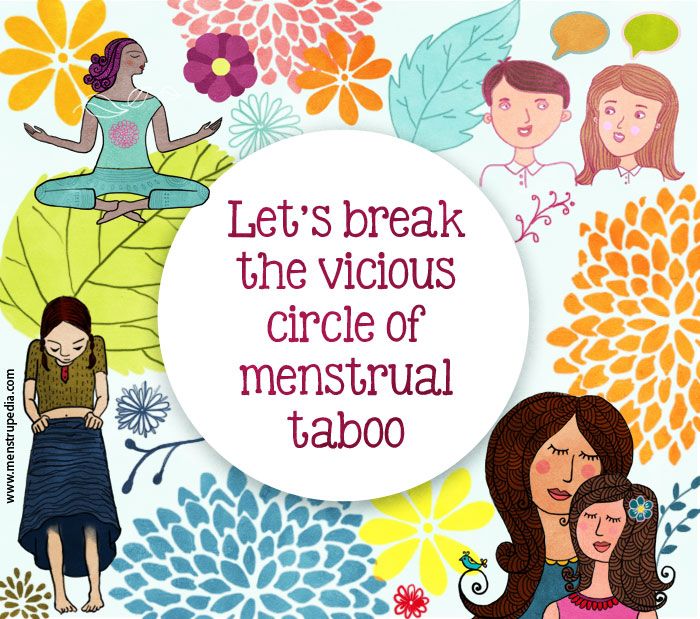Social taboos have long been discussed and criticized, but sneakily continue to linger. Existing more commonly in economically underdeveloped countries and eastern nations like India, women are usually the worst victims of taboos. What is heartening is how the perspective is changing against taboos that have long impeded life for women.
A walk down the centuries brings to light scores of restrictions we have placed on life based on the times, gender, caste or some such “category”. These prohibitions, that were probably relevant in the past, get suffocating when they fail to change with the growth of civilization. Social taboos have proved especially damaging to the development of women, their social status and overall living. There is a pressing need for society to re-look and reconsider taboos in order for us to enjoy a fresh lease of life.
DISTURBING SOCIAL TABOOS FOR WOMEN
Social taboos in India date back to the prehistoric times and the list can be unimaginably long. Shocking as they are, women have predominantly been targeted and forced to adhere to them. Some of these taboos now seem decadent but continue to be a reality for some women:
- During her menstruation cycle, a woman is considered “impure” and has limited access to the social world. She cannot visit a temple, touch certain things, associate with people, wash her hair or touch elder’s feet. She cannot even spell out ‘period’ and has no option but to wait it out.
- Widows in many parts of India have to go bald. With their husband’s death – who is often far older than her – her venturing out of home and socialising come to an abrupt end. Remarriage is only a dream.
- In the child marriage era, little girls were often married off early and kept away from school as education would come at the cost of social interaction. Being a girl meant remaining illiterate for rest of her life.
MENSTRUAL TABOO IN THE MODERN SCENARIO
Amid increasing awareness about female physiology, inclusion of sex education in schools, and transformation of perspectives about the menstruation cycle, findings of a recent survey are not too encouraging. Recently conducted research reveals that more than 90% urban women rule out the idea of washing hair when they are menstruating, close to 70% consider it inappropriate to water plants, and a large section in Southern India won’t go out of home during this time.
Strangely enough, the menstrual taboo prevails in all major religions albeit in different forms. The propagators of this taboo, often belonging to conservative families, bring out remote mythological connections and religious beliefs. There is no denying that menstrual taboo persists even in so-called modern India.
BREAKING THE SHACKLES
While setting prohibitions and restrictions in some spheres of life is essential, this is not so for debilitating social taboos that only bring down quality of life for women. Taboos for women string us to conform to illogical beliefs and hamper our growth and development.

